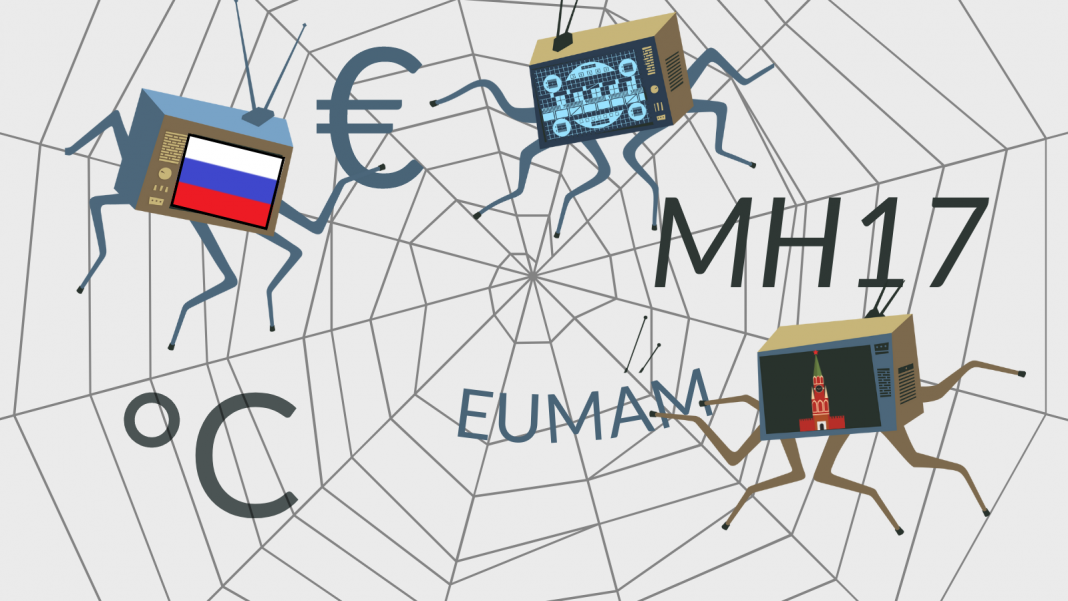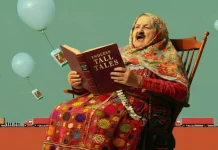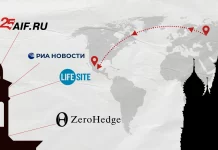By EUvsDisinfo
Since 24 February of this year, Russia has gone all out in using its diplomatic network to push its disinformation narratives across different social media platforms.
For example, last week the EU launched the European Union Military Assistance Mission (EUMAM) in support of Ukraine. The aim of the mission is to boost the military capabilities of the Ukrainian Armed Forces to allow them to defend Ukraine’s territorial integrity and sovereignty, as well as to protect Ukraine’s civilians from Russia’s indiscriminate attacks on the country.
Two days after the launch of the mission, a page undermining the mission and accusing the EU of escalation was set up on the website of the Russian Ministry of Foreign Affairs (MFA). Just 10 minutes later, a link to that page was posted on the Telegram channel of the Russian MFA. Soon after, that message was forwarded by at least 100 Telegram channels, including those of Maria Zakharova and several Russian Embassies across the world.
Similar amplification took place on Twitter and Facebook, as content on EUMAM posted by the Russian MFA was shared by at least 10 Russian diplomatic accounts on Twitter and 15 on Facebook. Sputnik Africa and the Spanish edition of Sputnik also posted articles quoting the misleading text.
The Kremlin is likely using diplomatic networks to distribute disinformation in order to bypass EU sanctions on five Russian disinformation outlets. The EU sanctioned these outlets due to their role in peddling disinformation that aimed to justify Russia’s invasion of Ukraine, destabilise countries neighbouring Russia, and undermine the EU and its Member States.

Time to face the facts – or not
On 17 November, the District Court of The Hague reached a long-awaited decision in the MH17 criminal case, sentencing Russians Sergey Dubinskiy and Igor Girkin and Ukrainian Leonid Kharchenko to life in prison for downing flight MH17 and murdering 298 persons on board. The fourth suspect, a Russian citizen named Oleg Pulatov, was acquitted.
Pro-Kremlin disinformers were quick to dismiss the decision, calling the case legally invalid, blaming Ukraine, and questioning the integrity of the Dutch legal system.
If these claims sound similar, it is because they are. Ever since the crime took place back in 2014, the Russian disinformation ecosystem has been making every effort possible to deflect all blame. For those hungry for more examples of the Kremlin’s modus operandi, we have over 330 cases on MH17 in our repository.
Keeping the heat on energy-related disinformation narratives
Earlier this week, a number of pro-Kremlin disinformation outlets and social media channels on Telegram and Twitter targeted EU High Representative Josep Borrell in an effort to discredit him. They tried to make it look like he said that heating flats to warmer than 18 degrees is a crime against European values.
To set the record straight – no, HRVP Borrell did not say anything like that. The claim originates from a Telegram channel which openly states that it exclusively posts satirical content and false information. The author of the same channel later posted another made-up statement supposedly by HRVP Borrell calling on authorities to punish the actor spreading false information under his name.
Leveraging existing satirical outlets is a common theme in the pro-Kremlin disinformation ecosystem, be it out of cunning, craftiness, or sheer stupidity. Last year, we wrote about the case of Panorama, a satirical Russian website whose stories have repeatedly been taken by Russian state-controlled outlets and high-ranking officials at face value.
The narrative used to target HRVP Borrell is also a recurring one in the Kremlin’s textbook aiming to sow distrust in European authorities and to downplay Europe’s efforts to cut down on energy use.
Two other recent attempts to spread disinformation stand out. First, pro-Kremlin disinformation actors made another attempt at leveraging high energy prices against the EU. They did that by amplifying a bizarre video, presented as an advertisement for a Russian café in Berlin, that shows life in near-future Germany after Putin becomes the Chancellor of Europe. Spoiler alert: no such café has been found in Berlin so far.
In addition, several pro-Kremlin disinformation channels promoted similar, professionally produced videos about the supposed hardships of the upcoming winter in the UK earlier this month. Uploading material on anonymous YouTube channels, all of which have very few subscribers and primarily exist for hosting different videos aligned with Kremlin narratives, masks the Russian origin of these videos and makes them more palatable for Western audiences.
By EUvsDisinfo





